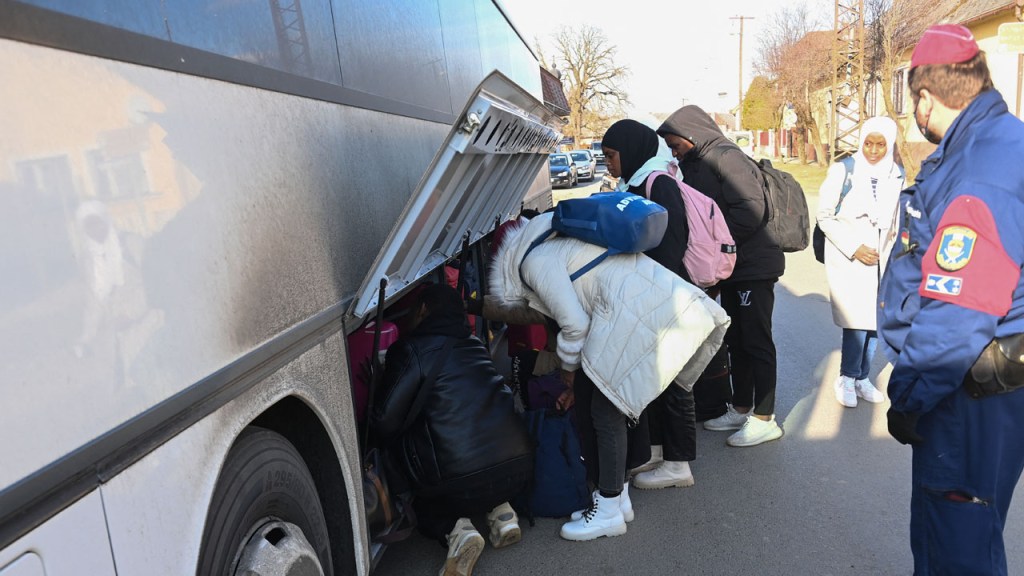Deeply disturbed over reports that Africans in Ukraine are not being allowed to leave though already more than 600,000 Ukrainians have left the country during the Russian invasion, prominent African leader, businessman, and civil rights leader Olivier Kamanzi late Tuesday said he contacted the Polish embassy.
Officials there assured him his people can leave without being harassed.
Speaking with the Chicago Crusader, Kamanzi, chairman of the African Global Chamber of Commerce, said, “I called the embassy in Poland and they told me that the Africans can go.”
“I made just a couple of phone calls and they have sent delegations to the border to ensure that Africans can leave. I solved the problem,” Kamanzi said.
When asked how he felt about Africans waiting a week, standing in line while Ukrainians freely crossed the border, Kamanzi said, “It is a very difficult situation because the call to war was for the Ukrainians, not foreigners who decided to leave Ukraine.
“Right now, they are taking taxis, cars, anything to escape the increased attacks by Russian forces.”

Kamanzi said when asked how he felt about Russian President Vladimir Putin’s attacking Ukraine, including Russia’s claim that it now has control of the southern city of Kherson in an effort to end its independence, “Putin sees Ukraine’s independence as an act of aggression. He feels Ukraine is a part of Russia. It’s all about power.”
As world leaders join in isolating Russia for its aggression against Ukraine, in a press statement, the African Union called the discrimination against Africans “disturbing” having received reports from African nationals including students who said they were stopped at the border while Ukrainians were allowed to cross. In a statement late Monday, the pan-African body said: “All people have the right to cross international borders during the conflict, and as such, should enjoy the same rights to cross to safety from the conflict in Ukraine, notwithstanding their nationality or racial identity.”
With the United States and its allies, including some of Putin’s supporters, freezing Russian assets and imposing additional sanctions, Putin is also facing stiff opposition from Ukrainian President Volodymyr Zelenskyy who accused Russia of “state terrorism.”
On the seventh day of Russia’s invasion of Ukraine, while delivering his first State of the Union address late Tuesday night, President Biden said Putin was “now isolated from the world more than ever.” Biden was referring to the U.S. and its allies imposing a number of sanctions designed to isolate Russia from the global financial system, hoping to weaken its military power. Already the U.S. has frozen Russia’s central bank, needed for Russia to increase the value of the Russian ruble. The U.S. has also blacklisted a major Russian sovereign wealth fund to prevent Moscow from getting money from abroad. Tightening the economic screw even tighter, the U.S. and its allies are reportedly working to remove several Russian banks from the Society for Worldwide Interbank Financial Telecommunications (SWIFT) which is a Belgium-based interbank messaging service.
According to U.S. Treasury Department officials, the U.S. has slapped sanctions on two huge Russian banks and their subsidiaries and expanded restrictions on purchasing Russian debt. The U.S. has targeted Putin and Foreign Minister Sergei Lavrov for economic sanctions.
The U.S. Commerce Department has also imposed restrictions of exports of high-tech products like computers and semiconductors to Russia, designed to cripple its military capabilities.






